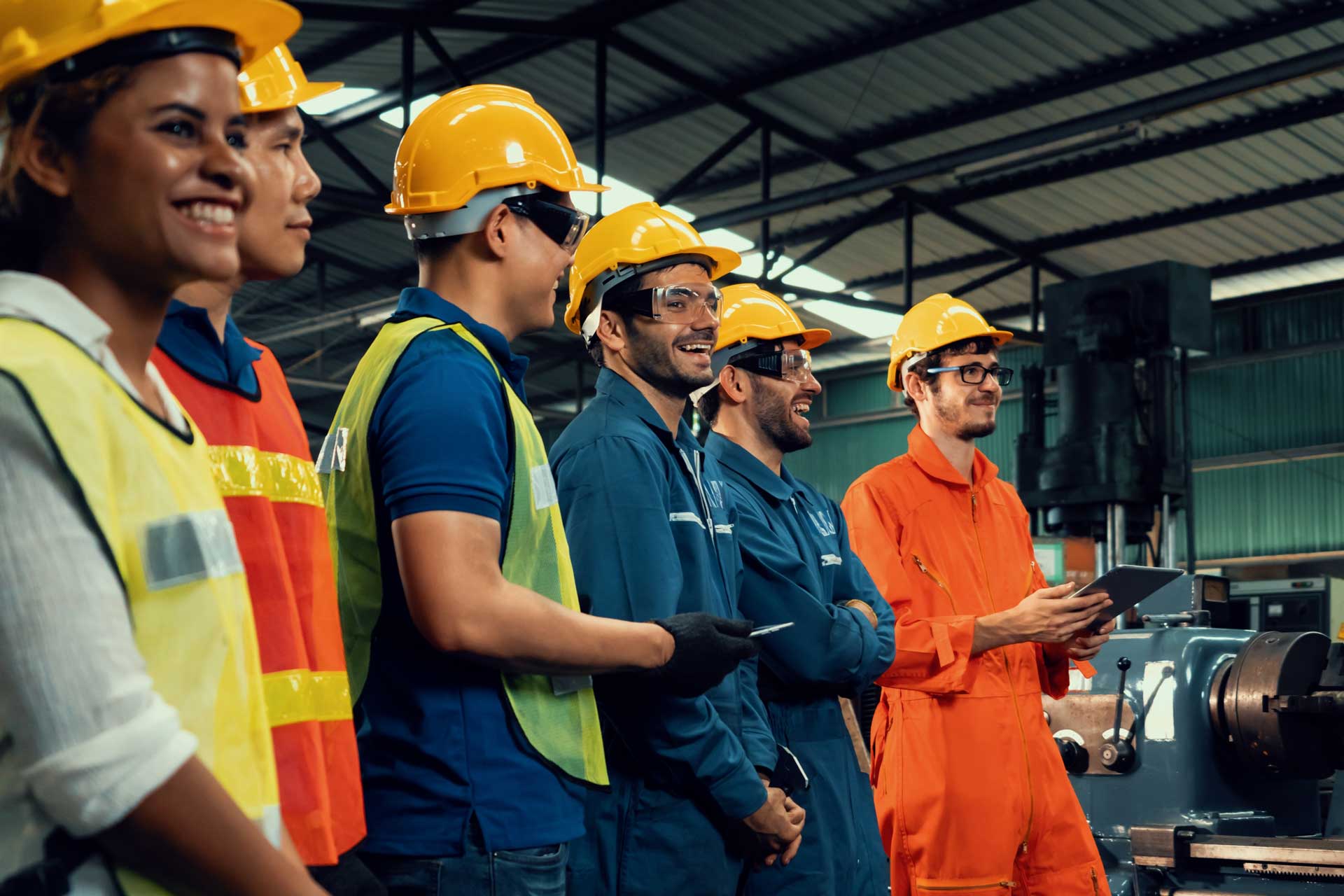
A growing number of manufacturers (and other businesses) are realizing there are a lot of perks of doing business in New York.
A few decades ago, most large companies’ manufacturing operations relocated offshore to reduce costs and remain competitive. The COVID pandemic highlighted one of the biggest risks of this move – not being able to get products, supplies, and inventory when and where they are needed. Regionalization shortens the supply chain, puts products closer to customers, and lowers shipping and potentially production costs. So, reshoring – or bringing manufacturing or parts of it back to the US – is the next big trend. Even the White House is doing its part to help manufacturing thrive on American soil.
While you would think up-and-coming cities in other parts of the country with lower costs of living would be attractive to these operations, don’t count New York out.
Overall, employers in New York are experiencing the lowest taxes in decades and have a lot to look forward to thanks to the $150 billion in upcoming infrastructure investments in state-of-the-art business and transportation systems. The state boasts one of the country’s largest higher education systems and a plethora of workforce development programs. It’s a leader in low-cost clean energy and protecting the environment. Plus, there’s something for everyone from the arts, sports, fine dining, and culture to a variety of outdoor activities and spaces.
While the entire country is striving to rebound from the Great Resignation and a beyond-tight talent pool, New York State’s Workforce Development Initiative is investing $175 million to meet current and future staffing needs. Funds are available to build regional talent pipelines, expand workplace learning, address short-term and long-term staffing needs, and more.
New York’s Department of Labor and State University of New York (SUNY) system collaborate on apprenticeship programs and positions in advanced manufacturing. Businesses are benefitting from university research and development (R&D) resources and universities are benefitting from providing students with hands-on experience, with more than 70 Empire State Department of Science, Technology and Innovation (NYSTAR) funded facilities and tools.
In the state, there are 10 regional economic development councils (REDCs) charged with developing strategic plans for growth and investments in their respective region. The councils are made up of public-private partnerships, with experts and stakeholders from business, academia, local government, and other organizations.
For example, existing businesses and businesses that are expanding within or relocating to the Hudson Valley have access to the Hudson Valley Economic Development Corporation (HVEDC), which strives to drive business innovation, attraction, and expansion throughout the region. The council offers regional and state collaboration; market, economic, workforce, and real estate data and statistics; site search consultations; business education; and training.
The state offers a broad variety of tax incentives and business credits to support business development, startups, expansions, relocations, process improvements, energy efficiencies, low-cost power, workforce development, and more. Manufacturers benefit from tax credits, including property tax credits and business incentives.
New and existing NY businesses receive tax credits for jobs, capital investments, and R&D through the Excelsior Tax Credit Program.
Businesses new to the empire state can receive a 5% cash refund on capital spending up to $350 million and 4% for spending above that during the first five years of operation. There are also numerous grants available for job creation or corporate infrastructure through Empire State Development.
Even the 2022 state budget includes tax breaks for businesses to comply with public health orders and keep their businesses safe; tax credits for hiring veterans, at-risk youth, people with disabilities, and apprentices; and tax credits for clean heating fuel, upgraded electric vehicles, and recharging.
For more information about doing business – or more specifically manufacturing – in New York, visit the Manufacturers Association of central and upstate New York; Manufacturing and technology enterprise center in the Hudson Valley for business consulting services related to technology and engineering; and the Business Incentives Guide, which focuses on New York City but includes state and federal resources for financing, taxes, energy, and workforce.
For more information about taxes, accounting, and finance, contact RBT CPAs – a professional, local resource supporting businesses in the Hudson Valley for more than 50 years.
